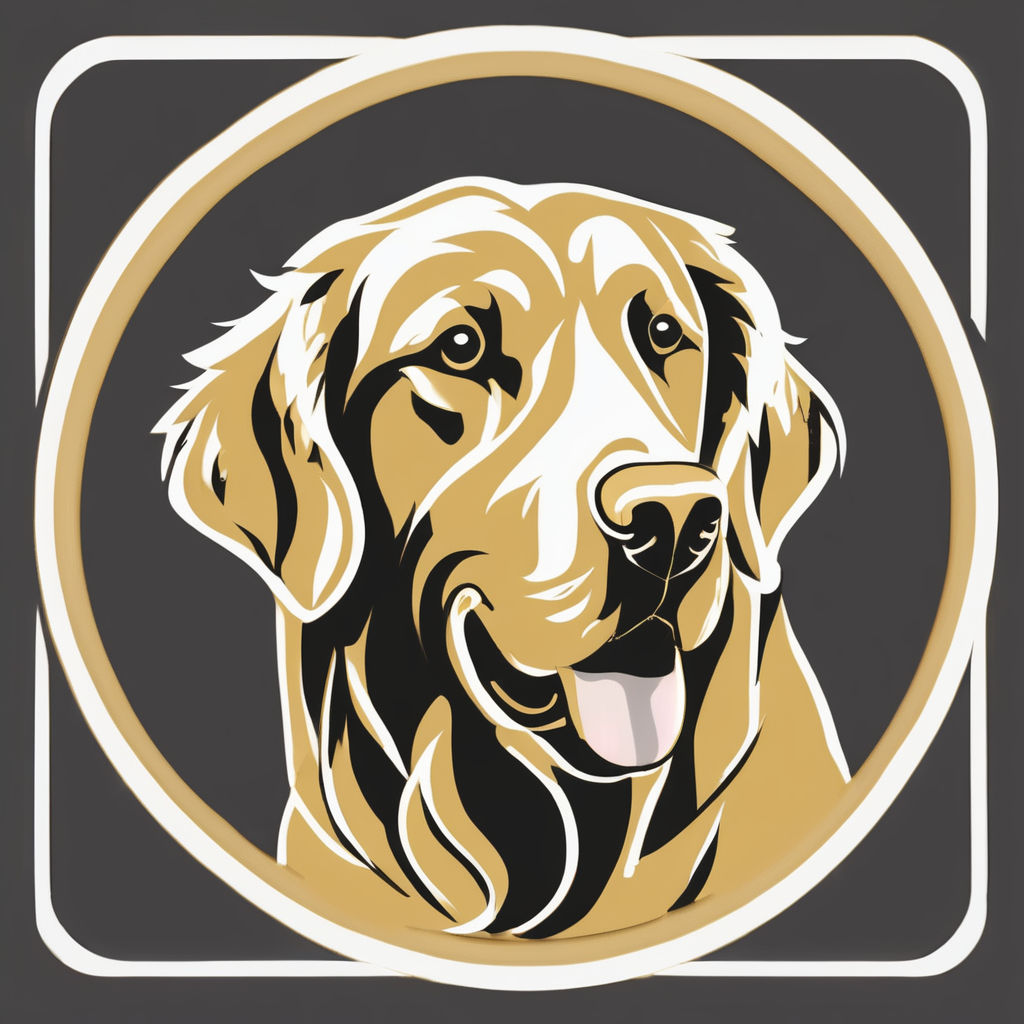Key Physical Signs of a Healthy Dog Diet in the UK
A healthy dog diet UK directly influences several visible indicators of well-being. One of the most telling physical signs dog health owners should note is the condition of the coat. A shiny coat reflects balanced nutrition and effective absorption of essential fatty acids. Dull or patchy fur often signals dietary deficiencies or underlying health issues. Equally important is skin health; clear, supple skin free from redness or flakiness confirms that the diet supports proper hydration and immune function.
Maintaining a healthy weight is another crucial sign. Regular monitoring helps ensure the dog is neither underweight nor overweight, which affects mobility and longevity. A well-balanced diet tailored to the dog’s breed and activity level supports optimal body condition.
Have you seen this : How can you support UK animal shelters as a dog owner?
Appetite and digestion offer further clues. A consistent, normal appetite combined with regular, firm stools indicates a diet that meets the dog’s nutritional needs and supports gut health. Dogs showing good energy levels and vitality are likely thriving on their current diet, reflecting overall systemic health. Observing these physical signs dog health can guide owners in choosing or adjusting a healthy dog diet UK, promoting a long, active life.
Positive Behavioral Indicators of Proper Nutrition
Proper dog behavior and diet are closely linked, with well-fed dogs exhibiting distinct signs of good health. One of the clearest indicators is their level of playfulness. Active dogs in the UK often engage eagerly in play sessions, showing energy and enthusiasm that reflect balanced nutrition. These dogs are alert, responsive to commands, and maintain consistent activity levels throughout the day.
Have you seen this : Why Do Dogs Play Such an Important Role in UK History?
Signs of contentment in dogs include relaxed body postures and calm expressions. They display minimal anxiety, rarely showing restlessness or excessive panting without cause. These behaviours indicate stable blood sugar levels and proper nutrient intake, keeping their mood steady.
Social behaviour is another key measure of a healthy diet’s impact. Dogs with good nutrition typically show positive interactions with other pets and humans, such as friendly approaches and tail wags. This sociability suggests overall well-being, as dietary deficiencies often lead to irritability or withdrawal.
In summary, observing healthy dog habits such as playfulness, alertness, and sociability offers valuable insights into the effectiveness of their diet. These behaviours help owners identify if their pets’ nutrition supports a thriving, active lifestyle.
UK-Specific Dog Diet Guidelines and Food Standards
Understanding UK dog food regulations is key to ensuring your pet’s diet is safe and nutritious. The UK has stringent pet food standards UK designed to protect animal health and guarantee quality. These regulations require manufacturers to comply with nutritional requirements set by the Pet Food Manufacturers’ Association and the government. Ingredients must be safe, and nutritional content must meet minimum standards for protein, fat, vitamins, and minerals.
Common ingredients in UK commercial dog foods reflect both nutritional balance and ingredient safety. Typical components include meat and meat derivatives like chicken or beef, cereals such as wheat or rice, vegetable derivatives, and added vitamins. Additives, such as antioxidants and preservatives, are also regulated strictly to avoid harmful effects. Grain-free options are popular but still adhere to the same safety standards.
Labels on dog food in the UK provide vital information such as ingredient lists, nutritional analysis, and feeding guidelines. The correct interpretation of dog food labelling in the UK helps owners choose suitable diets. Look for statements confirming compliance with UK regulations, ensuring the product meets the necessary standards for your dog’s health and wellbeing.
Monitoring Your Dog’s Health and When to Consult a Vet
Keeping a close eye on your dog’s wellbeing is essential for effective monitoring dog health UK. Simple home checks can help you track how well your dog’s diet is working. Start by observing their coat condition—shiny and smooth fur often indicates a balanced diet. Also, monitor energy levels and stool consistency, as these reflect digestive health and nutrient absorption.
Knowing when to see a vet is crucial. If you notice sudden weight loss, persistent vomiting, or drastic changes in behaviour such as lethargy or aggression, these signals warrant immediate veterinary advice. Changes in appetite or frequent scratching can also suggest dietary issues or allergies that a professional should assess.
Regular veterinary check-ups play a vital role in maintaining your dog’s dietary health. A vet can identify subtle signs not obvious at home, offer tailored dietary recommendations, and advise on supplements if needed. This proactive approach helps avoid nutritional deficiencies or excesses, ensuring your dog stays healthy and happy.
By combining thorough home observations with timely vet consultations, you effectively safeguard your dog’s wellbeing in line with top dog health tips UK.
